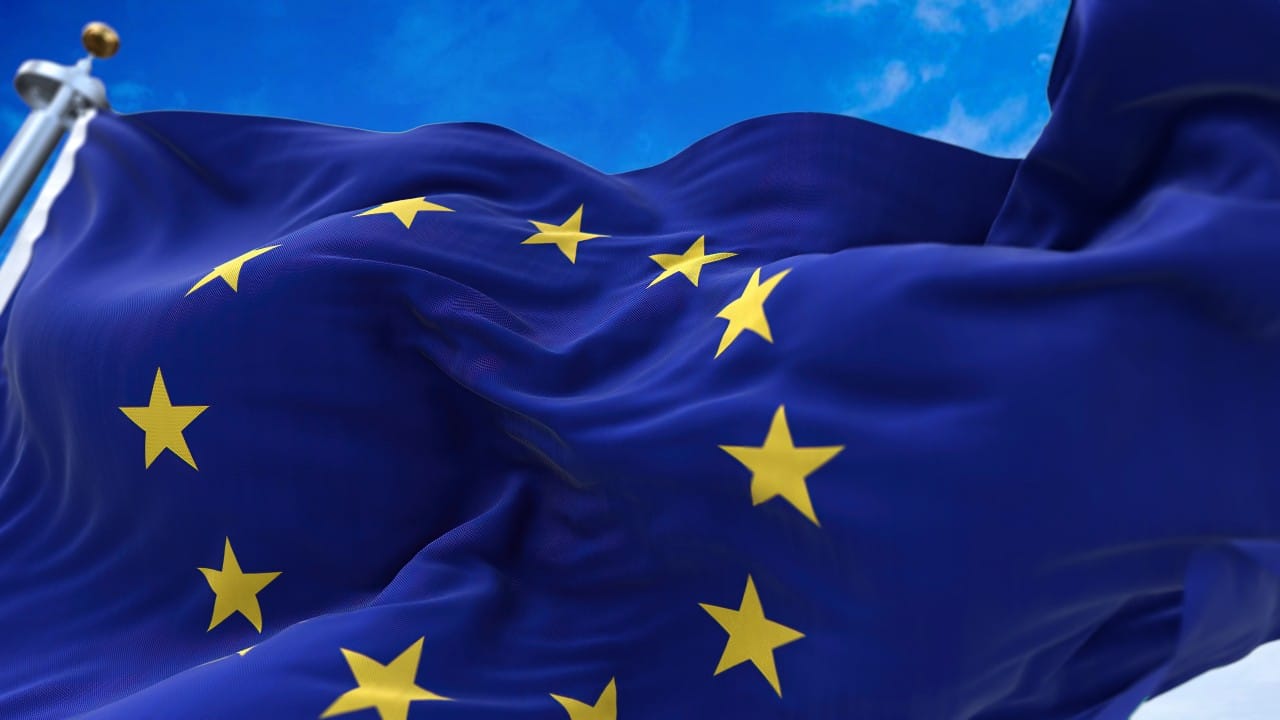Here is how location-based marketing is changing under the GDPR.
The risk of not complying with GDPR is real and fines for companies of up to €20 million are possible. What are its implications for the marketing industry, and why will location be the new must for marketers?
Consent is Key
Basically, GDPR is about users giving their consent to data collection AND their ability to withdraw that consent. So, it is imperative that marketers handle the user IDs that the various platforms collect and process openly and transparently. The customer is in control of their data and, as we know of old, the customer is always right!
The current environment in which IDs are managed is harsh; tech and service vendors had access to user IDs as they came and many converted into customers later on, but these days are over. It’s long been on the cards that governments would take action and it’s done. So now, the way businesses collected data has changed, but this doesn’t need to undermine their marketing efforts. It means they will need to put more time into data collection.
Europe is getting itself in order very noticeably with the new legislation. Different countries within the EU will surely treat the implementation of GDPR a bit differently. There are also still a few gaps in the data regulations that enable assumptions but overall the carefree days are long gone. This is a good thing for the industry, a good thing for marketers and, most importantly, a good thing for customers.
GDPR for those selling location data means a severe hit. Mainly this is because the bid stream is the primary source for most trying to sell location resolution and profiling data. GDPR will permanently stop this, so the value of such data and those using it will be almost zero.
The science of location
Neither location data nor how it relates to GDPR is yet on the agenda for most governments – basically, because they haven’t got a proper answer to it yet. On the other hand though, marketers need to overtake GDPR to see location marketing as being top of their agendas.
The world is based on its history but lives and breathes now in the present. It’s therefore imperative to analyse behaviour in the here and now. Consumer behaviour in the here and now is first and foremost about location and the context of that location. This understanding is of the greatest value for brands and advertisers and a headache for any marketer deeply wanting to understand their customer.
The most interesting, and perhaps surprising thing, about location intelligence is that knowing one’s identity is not even necessary in most cases. It is much more about analyzing and reacting to events as they take place and acting on them. This is a victory both for customers and marketers as it’s good for both privacy and greatly enhancing the user experience.
As, under GDPR, users are required to give their consent, location data will be the main tool for customer marketing. It will make sure marketers have full compliance from the start and that consumers experience the very best at all times. So, businesses that leverage location intelligence will have the upper hand, that element of surprise, in this world with GDPR.
Looking at it this way, GDPR will bring in a new age of personalisation. An age where location is all.



